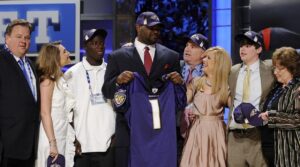DANICA’S A BRANDER NOT A RACER
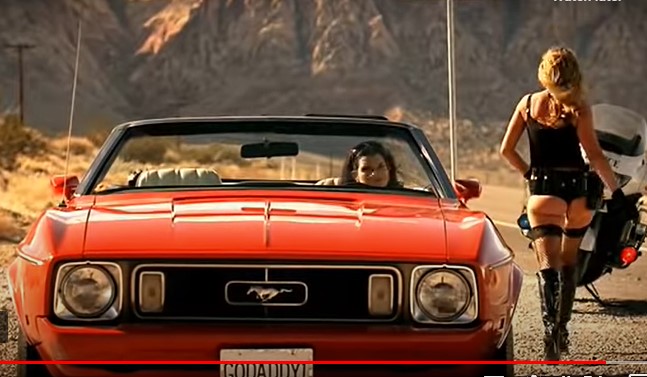
Advertising professionals in an effort to sell products, use any possible trick that will help. The "go woke" trick did not help. It was known as "Go Work - Go Broke."
By SNN.BZ Staff
Danica Patrick is one of the most famous female race car drivers in history. She has appeared on numerous magazine covers, TV shows, and commercials. She has also been praised by the media as a trailblazer and a role model for women in sports. But her career is actually a Madison Avenue advertising campaign production. Her entire racing career was just a facade for branding purposes.
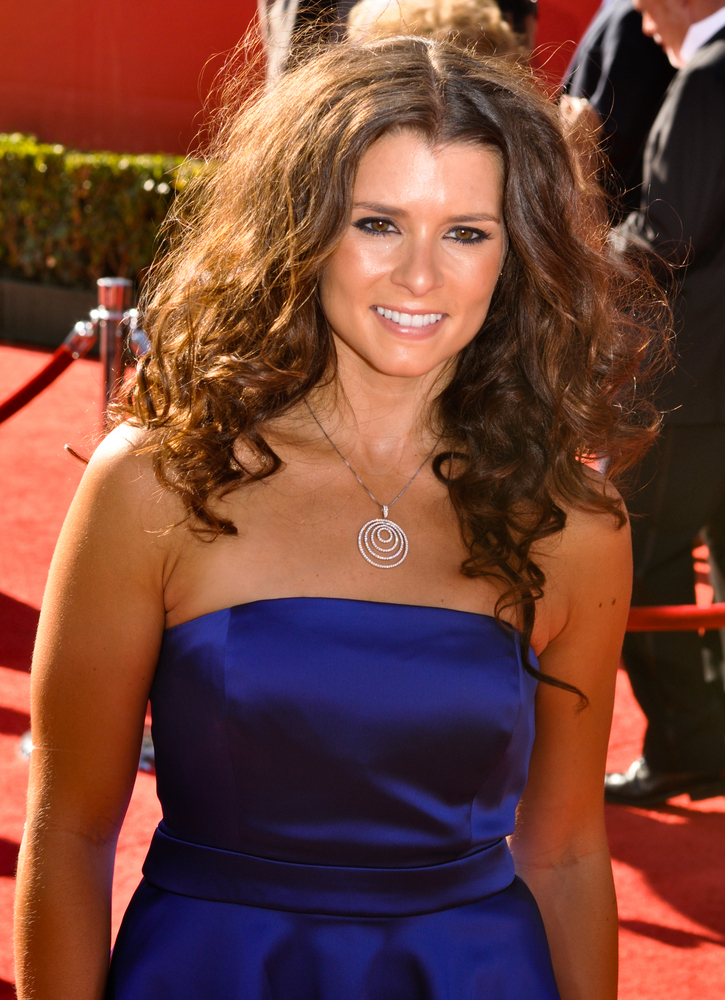
A review of actual race car results reveal that Patrick’s racing record was fabricated to promote her image as a race car driver. The authors (Madison Avenue advertisers) argue that she was far more an effective marketing tool – than an actual race car driver.
Sports critics point out that Patrick’s racing achievements were weak at best and manufactured at most. She participated in 191 NASCAR races over seven years and won only one race in her entire career. She never won a championship or finished higher than fifth in the standings.
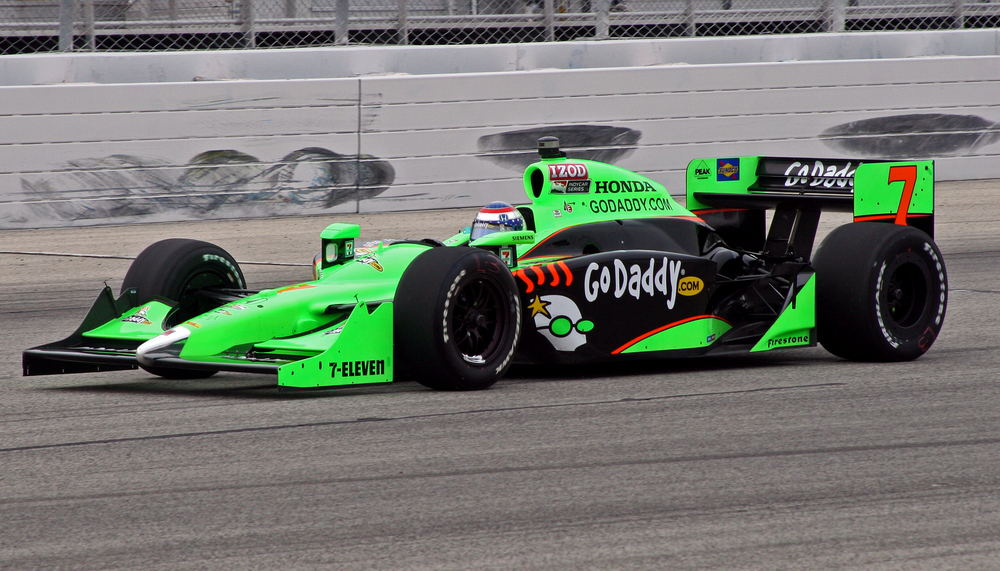
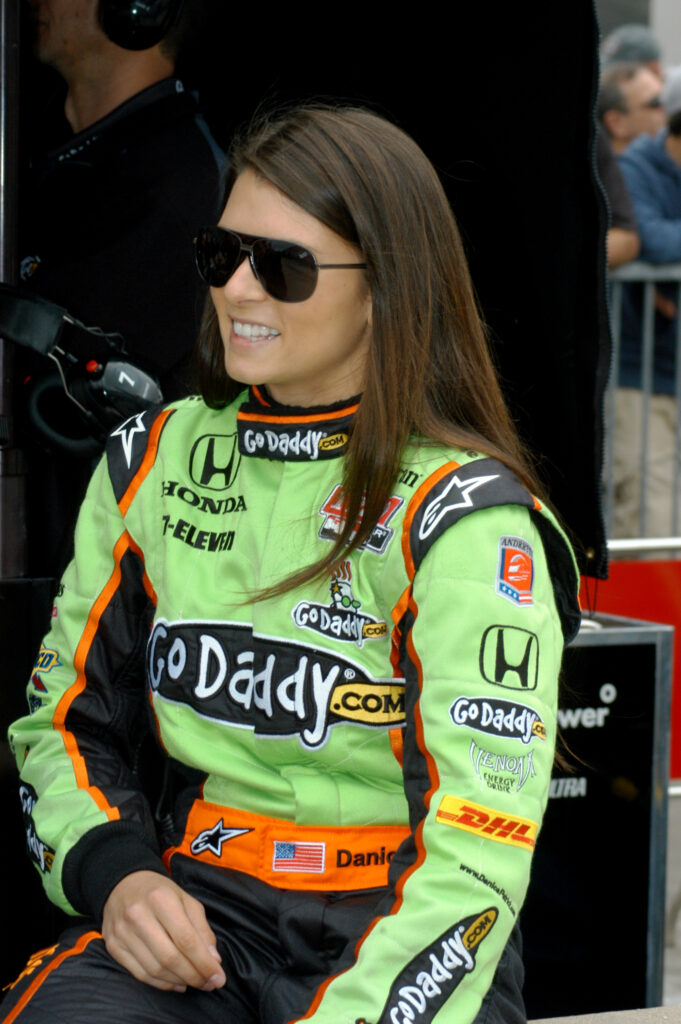
Some critics also claim that Patrick’s racing persona was carefully and deliberately crafted to appeal to a wider audience. Patrick was marketed as a glamorous and sexy driver who could attract more fans and sponsors than her male counterparts (a premise which is absolutely sexist and would have never been allowed if Danica Patrick were a man).
The advertising professionals that helped “create” Patrick’s false career suggest that her image was more important than her skills or results on the track. Many professional race car drivers and athletes often accused the media of exaggerating Patrick’s achievements and downplaying her failures.
Note: Patrick’s supporters reject factual sports data results in order to defend her
fake legacy as a legitimate race car driver (which is based in complete fantasy). They argue that Patrick faced many challenges and obstacles in her career, such as sexism, injuries, and tough competition.
The California and New York advertising executives that promoted Danica’s false sports career opine that Patrick’s racing record was impressive given the circumstances and that she inspired many girls and women to pursue their dreams and passions. That suggestion is absolutely false.
Patriack’s’ fans push the idea that she was a successful businesswoman who leveraged her fame and popularity to launch ventures and philanthropic projects (however, everything she touched ultimately promoted her brand and served her financially). She did little to advance female athletes.
Danica Patrick was a branding tool and not a race car driver.
The shameless promotion of a female in a male dominated sports only further made a mockery of the sport and highlights the lack of respect the advertising industry continues to have for women (who are the primary product purchasers in most homes).
Patrick’s racing record was not exceptional and her impact and influence on the sport and society were insignificant.
The advertising agencies that built Patrick’s brand would say that she shattered stereotypes, broke barriers, and opened doors for many women in racing and beyond. She failed to prove that a female driver could be competitive, marketable, or respected in a male-dominated industry like race car driving. If that were true, she would have won more races. She won a single race in her entire career.
Danica Patrick’s “handlers” knew full well how to manipulate product manufacturers and product placement agencies that promoted products.
Her face and name were used to endorse several brands such as AirTran Airways, Secret, Nationwide Insurance, Tissot, Chevrolet, Coca-Cola, Hot Wheels, Go Daddy, Nature’s Basket, and Lyft.
Not all branding works on everything for everyone and anyone. That false narrative explains why Madison Avenue got it so wrong when they convinced so many products to go “woke.” After building the brand up for more than two decades, Dylan Mulvaney killed the Bug Light brand in about a week.
Whether you see Patrick as a hero or a hoax, her legacy will continue to do one of two things… It will either fool you (if you want to believe it) or it will make you laugh.
This YouTube video is the “Director’s Cut” version of an ad created to promote Patrick’s brand followers not the GoDaddy product line. Sex definitely “sells.”
Note: Advertising professionals, after having made a ton of money promoting the false “Danica Patrick is a race car driver” nonsense have disassociated their corporate and personal names from the failed “woke” branding attempt.


